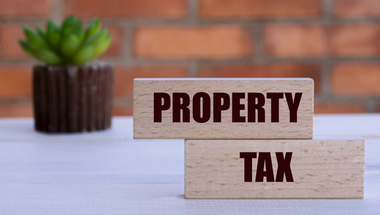Posted in Triplett & Carothers on October 4, 2022
Deductible levies for itemizers include their payments for income taxes, sales taxes, real estate taxes, and personal property taxes. But those write-offs come with strings attached as to which ones qualify, when they’re deductible, and how much is allowable. You should be aware that the IRS sets traps for unwary homeowners.
While the IRS says real estate taxes usually mean any state, local or foreign taxes on real property, it invokes a special rule when a portion of your monthly mortgage payments goes into an escrow account and the mortgage company periodically pays your real estate taxes to local governments out of this account.
The measure of the allowable deduction: The amount actually paid during the year in question to the taxing authorities. Typically, lenders will send year-end statements that show the details. They also send copies to the IRS.
Another stipulation: The IRS approves deductions only for taxes paid on real estate. It reads the law as requiring the taxes to pass a two-step test:
- The first requirement: The taxes must be based on the assessed value of the real property.
- The second requirement: The taxing authority must charge the assessment at a uniform rate against all property under its jurisdiction. This approach, says the IRS, generally forbids current deductions when the taxes in question are charged for local benefits and improvements that tend to increase the value of your personal residence.
Getting Specific
IRS regulations list the prohibited charges. They include assessments for the construction of streets, sidewalks, water mains, sewer lines, public parking facilities, and similar improvements.
However, all is not lost. The IRS allows you to add those assessments to your home’s cost basis. In IRS lingo, the basis is the figure used to determine gain or loss on a later sale.
When does the agency authorize current deductions for local benefit taxes? It does so only if they’re for maintenance or repairs of streets, sidewalks, or other local improvements, or interest charges on such maintenance.
Other verboten deductions include itemized charges for services. It makes no difference that they’re characterized as “taxes.”
Some common examples are unit fees for the delivery of services (e.g., water consumed), periodic charges for residential services (e.g., trash collections), or flat fees for single services provided by your government (e.g., charges for mowing your lawn because you allowed it to grow higher than permitted under your local ordinance).
Work with tax experts to make sure you’re getting all you’re entitled to.
Reach out to Roz Carothers and her team at Triplett & Carothers to learn more.
©2022


